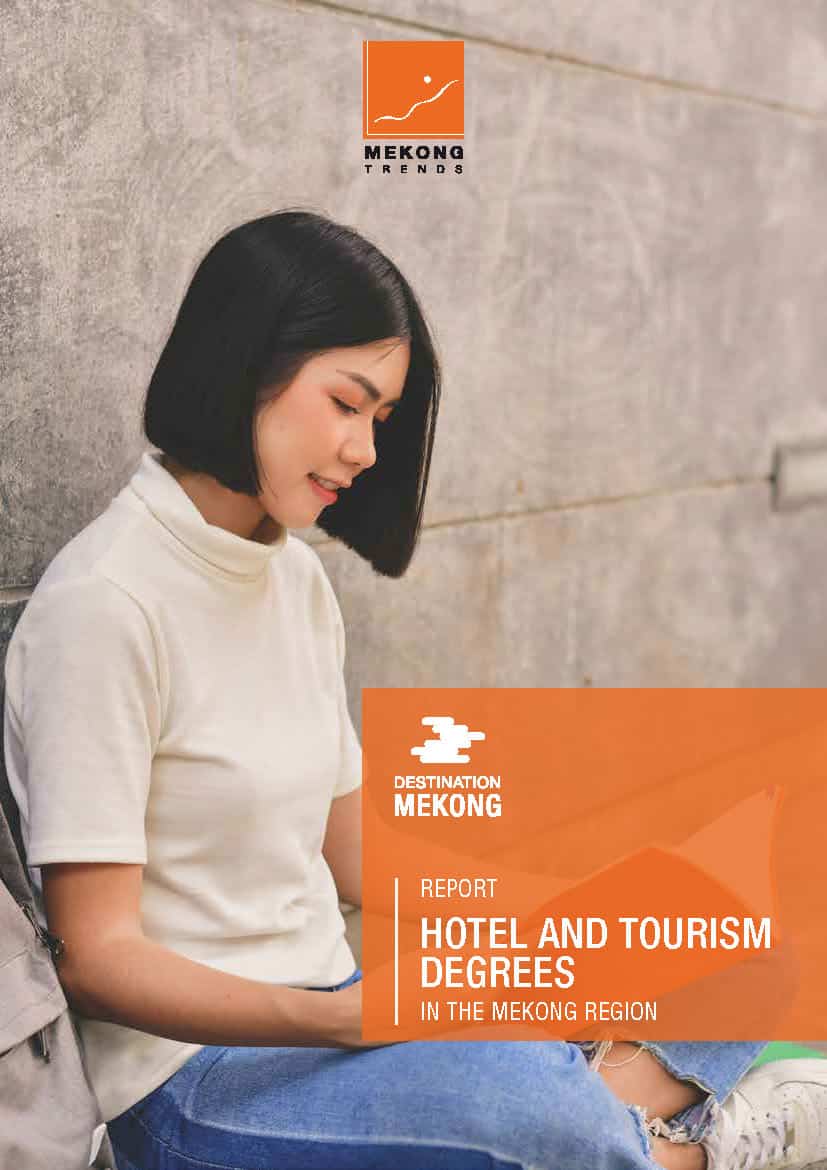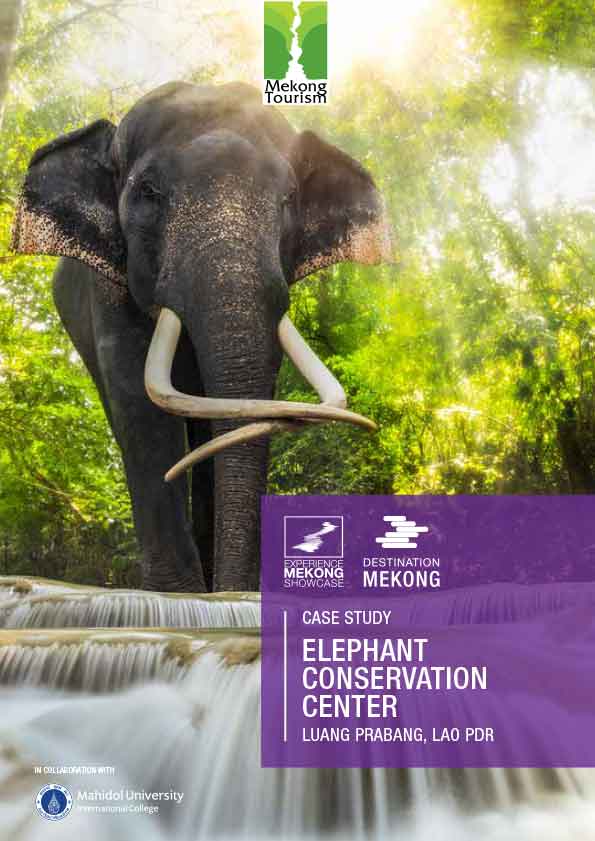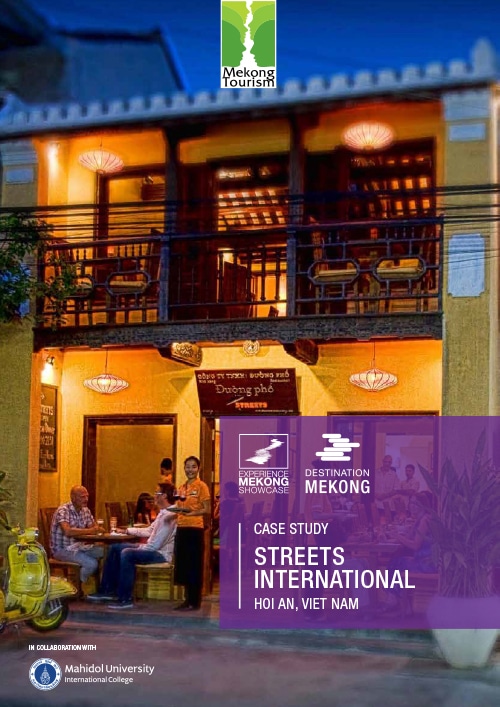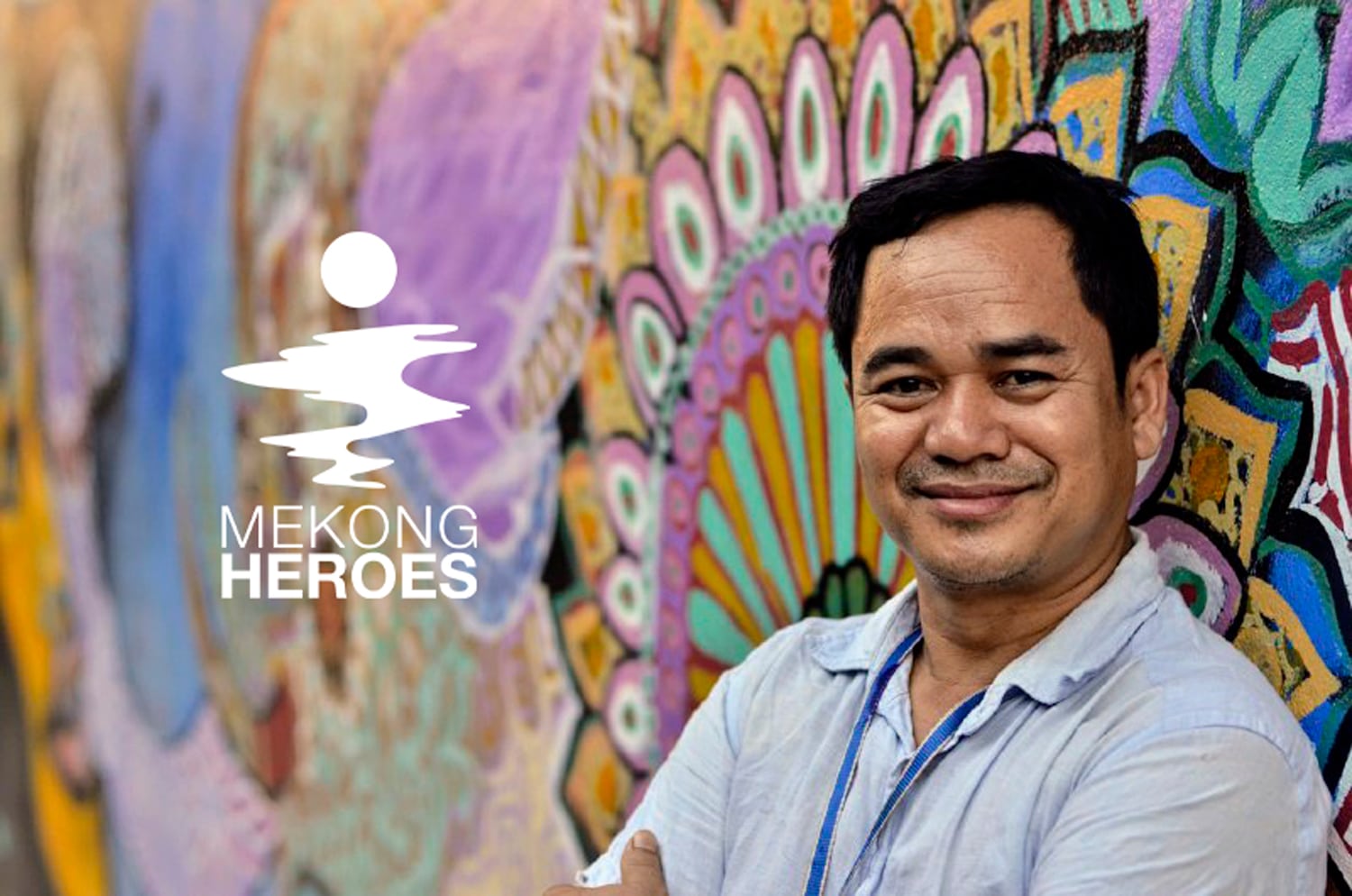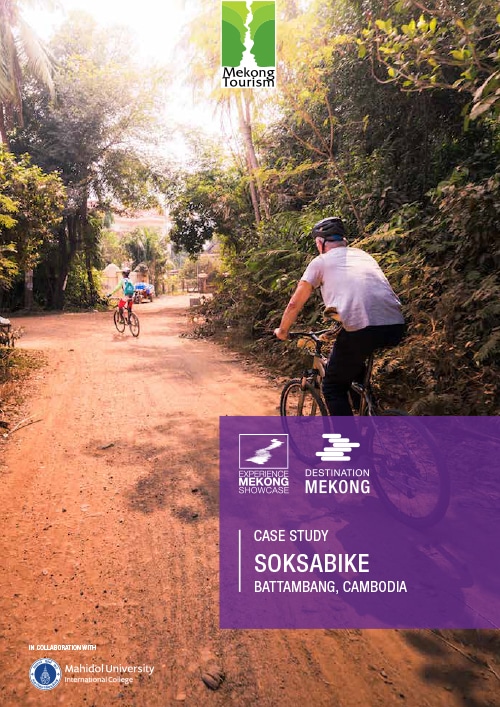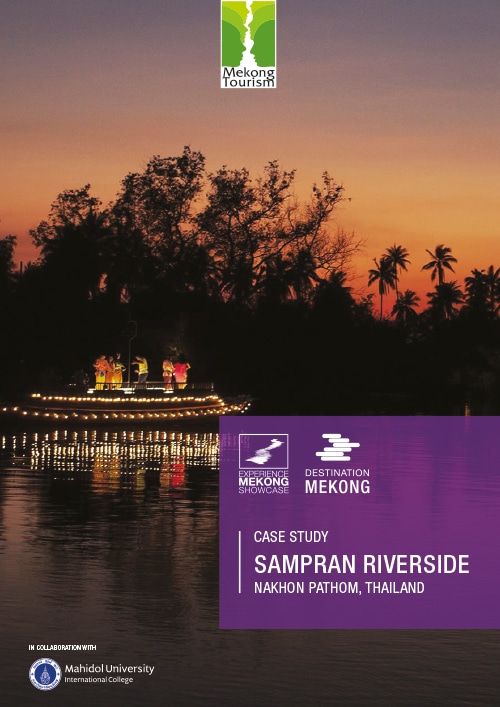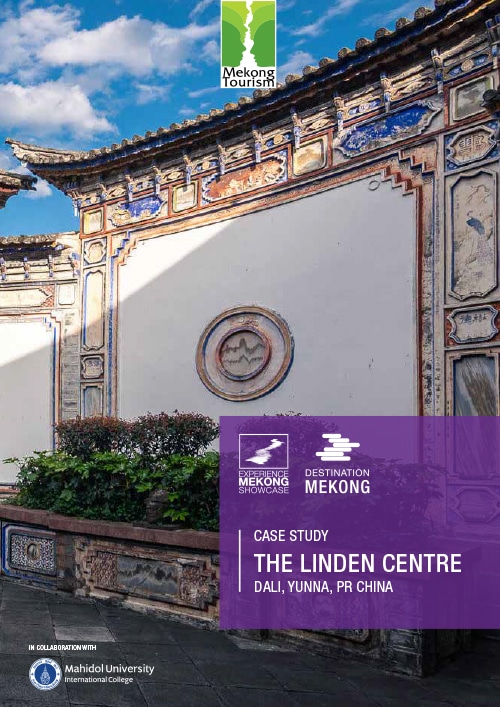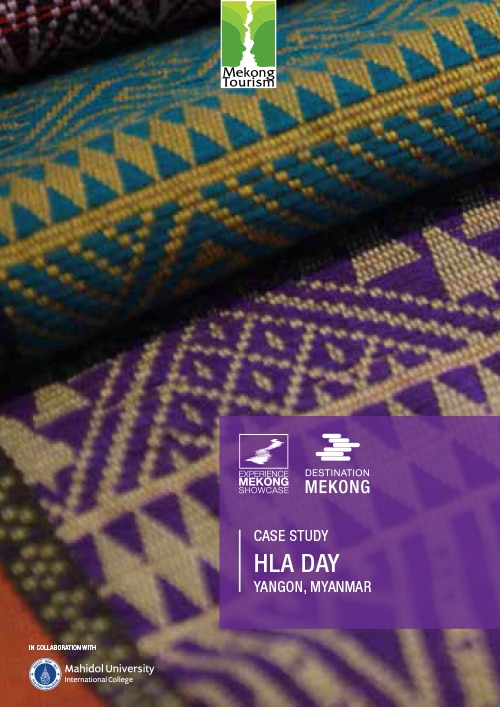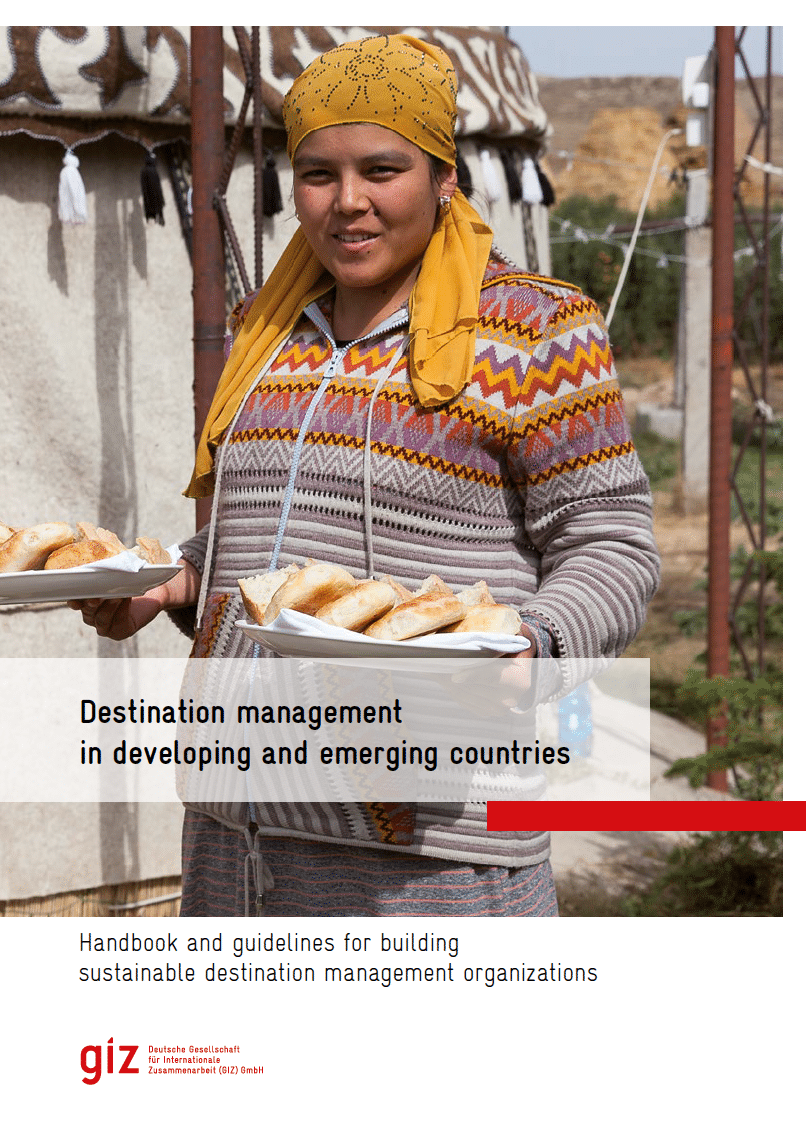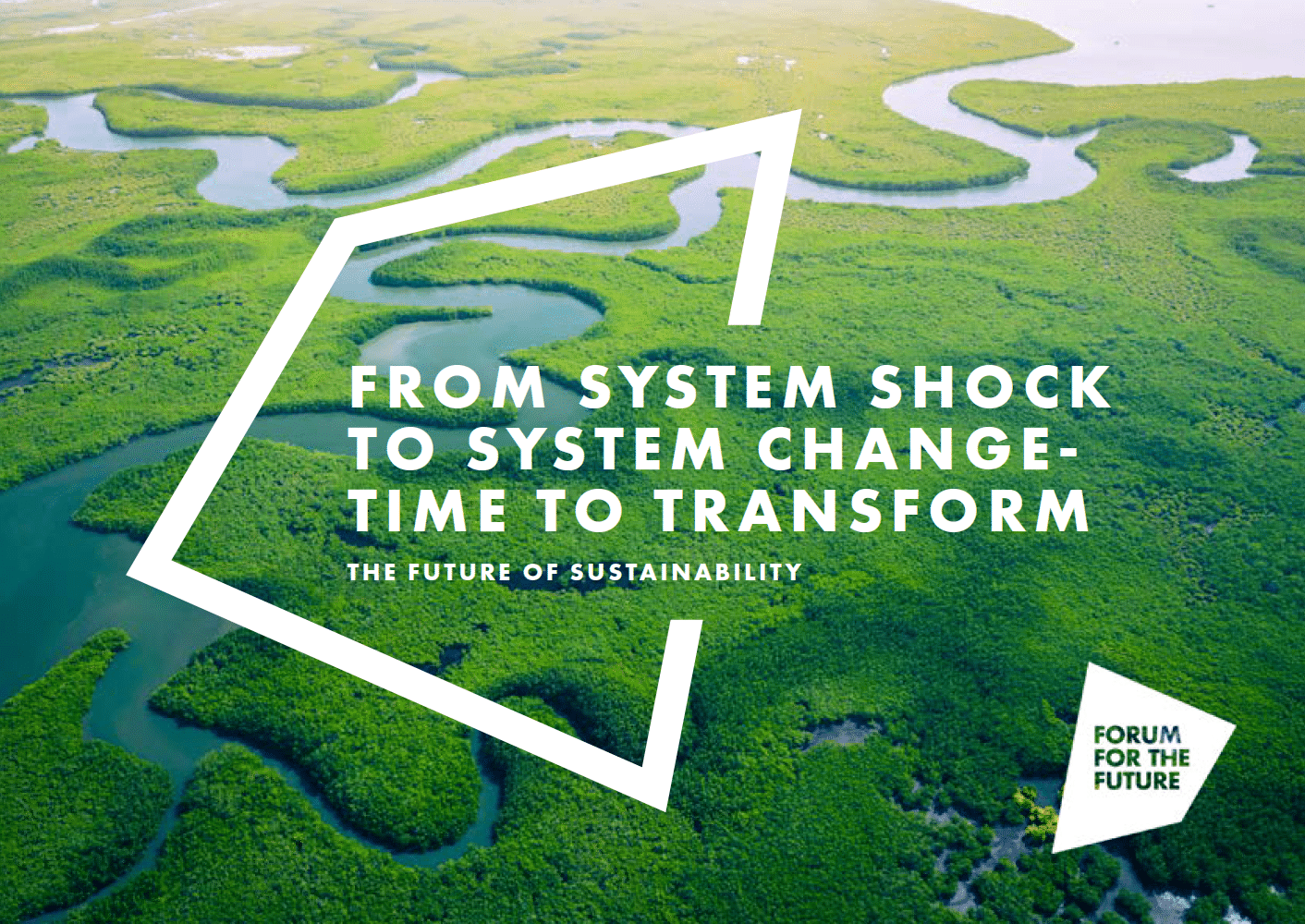As ASEAN pursues greater regional integration and the development
of a single economic community, advancements in the region’s
aviation industry are essential to boost economic connectivity and
tourism. Half the world’s population live within five hours of ASEAN,
making it a natural transportation hub for visiting the region’s sunny
beaches, accessing growing economic opportunities.
Elephant Conservation Center
As a social business, Soksabike aims to provide tourists with the chance to experience the authentic
Cambodia and to promote a direct tourist spending to the local entrepreneurs.
Streets International
As a social business, Soksabike aims to provide tourists with the chance to experience the authentic
Cambodia and to promote a direct tourist spending to the local entrepreneurs.
Second Mekong Hero Celebrated at 2021 Destination Mekong Summit
During its second Summit on 21-22 October, Destination Mekong proudly honored late Srey Bandaul, co-founder of Phare Ponleu Selpak in Cambodia, as its second Mekong Hero.
Continue readingSoksabike
As a social business, Soksabike aims to provide tourists with the chance to experience the authentic
Cambodia and to promote a direct tourist spending to the local entrepreneurs.
Sampran Riverside
Located on a 70-acre plot along the Tha Chin River,
Sampran Riverside (formerly known as the Rose Garden)
is a family-run eco cultural destination; now famous for its
wide range of sustainable initiatives and its sustainable
business model.
The Linden Centre
Floating above the pristine rice and canola fields north of
the old town of Dali is a beautiful courtyard compound
built in 1947 by a wealthy entrepreneur from the Bai ethnic
group named Yang Pinxiang. Over seven decades, the
building, which is located in the historic Xizhou Village,
went through many changes, from being privately owned
to becoming public property after the Cultural Revolution
and land reforms, and from serving as an army barracks
and military hospital to housing a kindergarten. In 2001, it
was designated as a national heritage site. The courtyard
finely captures the exquisite architectural style of the Bai
ethnic group that predominantly lives in the area. This
compound is now a boutique hotel managed and run by
an American couple, Brian and Jeanee Linden, who have
injected new life and respect into this important heritage
site.
Hla Day
Hla Day collaborates
with Myanmar artisans, disadvantaged groups and small
businesses to design, develop and sell handmade-
Myanmar products. Hla Day aims to capture unique
flavors of the Myanmar design by improvising traditional
skills and sourcing all the materials locally.
Destination Management in Developing and Emerging Countries
Tourism can be a source of foreign currency, a job engine and a catalyst for sustainable regional development, but it can also have a negative impact. In order to access its inherent potential, tourism needs to be managed with foresight.
Managing destinations plays a key role here. Because of their market relevance and size, destinations have the potential to be developed and marketed from a sustainable perspective.
That requires effective destination management organizations (DMOs), which can manage the destination and coordinate various tourism-related stakeholders.
Continue readingFROM SYSTEM SHOCK TO SYSTEM CHANGE – TIME TO TRANSFORM
In this report, we explore some of the key dynamics that lie at the heart of these transitions. And we ask how we can make active choices now that will transform our future prospects by embedding, at the heart of our strategies and plans, the realisation that a fundamentally different model is needed. A model that puts people’s wellbeing and planetary health first, as the overriding imperatives. Planetary health is not separate to human wellbeing. The two are intricately intertwined. In order to achieve the just, resilient and truly sustainable world we want we advocate a regenerative approach – enhancing the underlying capacity of all individuals, communities and ecosystems, to be healthy, to keep evolving, and fulfilling their potential.
Continue reading
